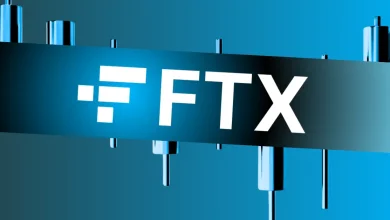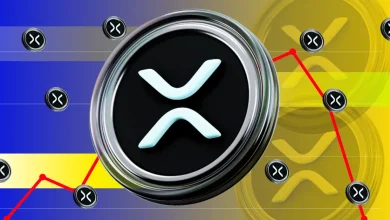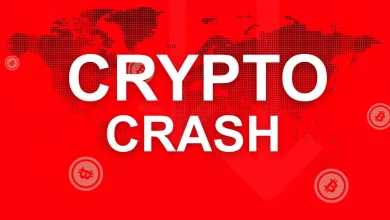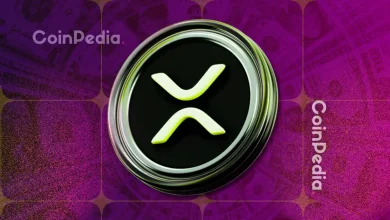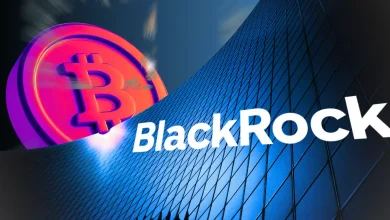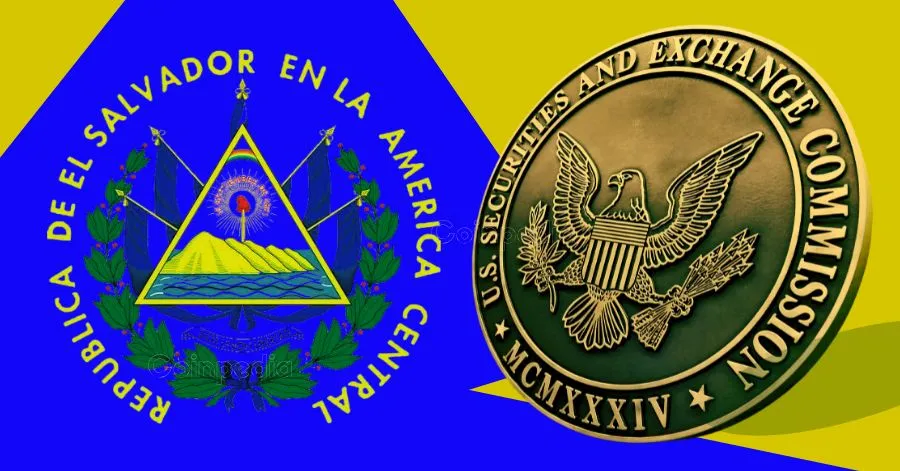
El Salvador proposes a cross-border crypto sandbox with the U.S. SEC for testing new rules.
Two pilot projects will test real estate tokens and fundraising with digital shares in El Salvador.
Bitcoin usage in El Salvador is declining, with only 20 Bitcoin service firms active now.
The SEC's approval of the plan could lead to clearer crypto regulations between the U.S. and El Salvador.
El Salvador could be on the brink of launching a major international crypto collaboration—with none other than the United States. On April 22, representatives from El Salvador’s National Commission on Digital Assets (CNAD), U.S. law firm Perkins Law, and former Goldman Sachs partner Heather Shemilt met with the U.S. Securities and Exchange Commission (SEC).
Their mission? To propose a bold idea: a shared cross-border crypto sandbox.
What Is the Cross-Border Crypto Sandbox Plan?
This initiative would create a controlled space where both countries can test digital asset projects under lighter regulatory rules. It’s a smart way to experiment safely—allowing regulators to observe what works in practice before setting laws in stone.
El Salvador, famous for adopting Bitcoin as legal tender back in 2021, now wants to take the next big step: co-creating a flexible regulatory system with the U.S.
Two Pilot Programs in the Works
The proposal outlines two pilot programs designed to bring this sandbox to life:
- Real Estate Tokenization:
A U.S.-registered broker would receive a special license in El Salvador to offer shares of real estate in tokenized form. Investors could each contribute up to $10,000. This test would explore how these digital real estate assets perform, and whether they count as securities under U.S. law. - Token-Based Fundraising for Small Businesses:
A Salvadoran company would raise money by offering tokenized shares to investors. This pilot aims to test if U.S. crowdfunding laws can apply to fundraising done on blockchain platforms.
Both projects focus on investor protection, regulatory clarity, and proving whether these models can work in the real world.
SEC’s Own Commissioner Supports Ideas Like This
The proposal lines up with ideas long promoted by SEC Commissioner Hester Peirce. She has supported international cooperation and the idea of regulatory sandboxes to encourage safe crypto innovation.
With real-world experience handling crypto risks, El Salvador offers a unique testbed that could help the U.S. shape future blockchain policies more effectively.
Bitcoin Use in El Salvador Sees Decline
Even with big crypto projects like Bitcoin City Airport and AI-powered blockchain developments on the table, actual use of Bitcoin in El Salvador is dropping. The country’s Central Reserve Bank says only 20 Bitcoin service providers are still active, a steep decline from 181 in 2021 when Bitcoin became legal tender.
El Salvador still holds over 6,000 BTC, but the declining day-to-day use raises questions about Bitcoin’s future role in the country’s digital economy.
What Happens If the SEC Says Yes?
If the SEC approves the proposal, this sandbox could become a major step toward international crypto regulation – and potentially reignite U.S.–Latin American partnerships in digital finance.
It could also serve as a blueprint for other countries trying to bring blockchain into their economies without slowing innovation.
But for now, it’s still just a proposal.
The global crypto community is watching closely to see if this bold plan becomes a major breakthrough—or just another idea that fades away.
Never Miss a Beat in the Crypto World!
Stay ahead with breaking news, expert analysis, and real-time updates on the latest trends in Bitcoin, altcoins, DeFi, NFTs, and more.
FAQs
El Salvador currently holds over 6,000 BTC, despite declining public usage and reduced active crypto service providers.

